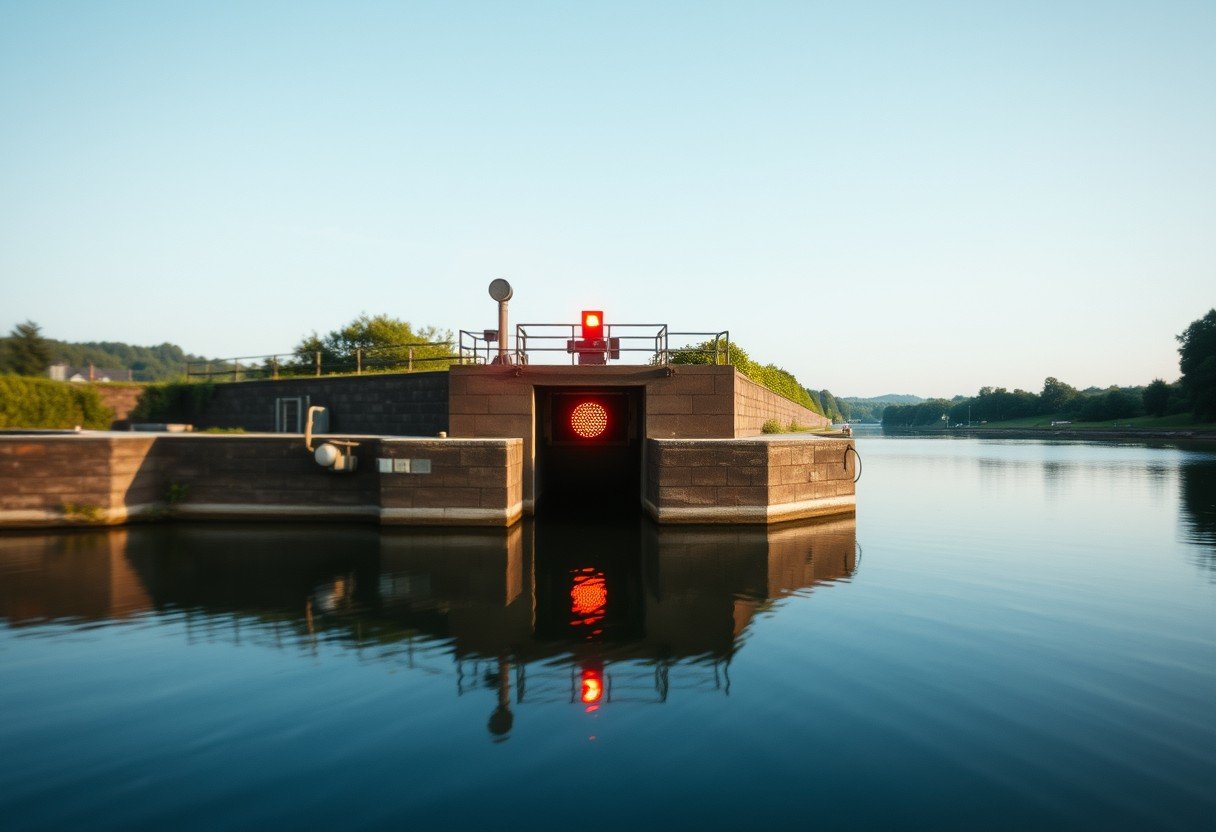Fishing without a valid license might seem like a small oversight, but it’s an illegal act with serious consequences. State wildlife agencies enforce these regulations strictly to protect fish populations and their habitats for future generations. The penalties are not just a slap on the wrist; they can include hefty fines, confiscation of your gear, and even a criminal record. Understanding these potential outcomes is the first step for any responsible angler.
Why a Fishing License is More than Just a Permit
Obtaining a fishing license may feel like just another rule to follow, but it plays a crucial role in conservation. The fees collected from license sales are a primary source of funding for state fish and wildlife agencies.
This money is directly reinvested into programs that benefit anglers and the environment. These initiatives include stocking fish in lakes and rivers, restoring aquatic habitats, conducting research on fish populations, and funding educational programs.
When you buy a fishing license, you are making a direct contribution to preserving the sport you love. It ensures that fish populations are managed sustainably, allowing for healthy ecosystems and great fishing opportunities for years to come. Possessing a license demonstrates your commitment to being a responsible and ethical angler.
The Real Cost of Fishing without a License
The most immediate consequence of being caught fishing without a license is a financial penalty. These fines are not standardized and vary significantly from one state to another, and even by county.
Ignorance of the law is never an accepted excuse, so claiming you “didn’t know” you needed a license will not get you out of a ticket. Fines can range from a modest amount for a first-time offense to several hundred or even thousands of dollars for more serious violations. It is always the angler’s responsibility to know the local regulations before casting a line.
To give you an idea of how much penalties can differ, here is a table with examples of potential fines in various states. Note that these are estimates and can change based on specific circumstances.
| State (Example) | Typical Fine Range (First Offense) | Possible Additional Penalties |
|---|---|---|
| California | $100 – $1,000+ | Gear confiscation, community service |
| Texas | $25 – $500+ | Civil restitution for fish caught |
| Florida | $50 – $500+ | Mandatory court appearance |
Factors that Can Increase Your Fine
A standard fine for a first-time violation is just the starting point. Several factors can cause the penalties to increase substantially, turning a simple mistake into a major legal issue. Wildlife officers have the discretion to issue higher fines based on the severity of the offense.
The circumstances surrounding the violation play a huge role in determining the final penalty.
- Prior Offenses: Repeat violators almost always face much steeper fines and more severe consequences than first-time offenders.
- Location of Violation: Fishing in a specially designated or protected area, such as a wildlife sanctuary or a spawning ground, carries higher penalties.
- Type and Amount of Fish: Illegally catching protected, threatened, or endangered species, or exceeding the legal catch limits, will add significant costs to the fine.
Additionally, if an officer determines that the violation was intentional rather than an accident, the penalties will likely be much harsher.
Can They Take Your Fishing Gear?
Yes, in many jurisdictions, law enforcement officers have the authority to impound your fishing equipment if you are caught fishing without a license. This means your rods, reels, tackle box, and other gear can be confiscated on the spot.
This penalty is a powerful deterrent because it directly impacts your ability to fish. Losing hundreds or thousands of dollars worth of equipment is often a more significant blow than the fine itself. The possibility of gear confiscation underscores how seriously states take their fishing regulations. In extreme cases involving serious or repeat offenses, authorities may even seize larger items like boats.
Facing Criminal Charges for a Fishing Violation
While many people assume fishing without a license is just a simple ticketable offense, it can escalate to a criminal charge. In most states, this violation is classified as a misdemeanor.
A misdemeanor conviction means you will have a criminal record. This can have long-lasting effects on your life, potentially impacting employment opportunities, housing applications, and your personal reputation.
Beyond a criminal record, a judge may also sentence you to probation, mandatory community service, or even jail time for severe or repeated violations. It is a significant risk to take for what is typically a very affordable and easy-to-obtain license.
Frequently Asked Questions about Fishing Licenses
How much is the fine for fishing without a license?
The fine amount varies widely by state and circumstance, but you can generally expect it to be anywhere from $50 to over $1,000. Repeat offenses and other violations, like fishing in a protected area, will result in much higher fines.
What happens if I just forgot my license at home?
Some states have systems where an officer can look up your license status. If you have a valid license but don’t have it on you, you might receive a less severe “failure to display” ticket or just a warning, depending on the officer and local laws.
Do kids need a fishing license?
Most states do not require a fishing license for minors, typically for children under the age of 16. However, the age exemption varies, so it is crucial to check the specific regulations for your state before taking a child fishing.
Can I get a warning instead of a fine?
While an officer always has the discretion to issue a warning, you should never expect one. Fishing without a license is an illegal act, and officers are trained to enforce the law with fines and other penalties to ensure compliance.
Where does the money from fishing licenses go?
The revenue generated from fishing license sales is dedicated to conservation efforts. It funds fish stocking programs, habitat restoration, scientific research, and the management of public fishing areas, directly benefiting all anglers.
Are there different types of fishing licenses?
Yes, states offer various license types to fit different needs. These often include resident and non-resident licenses, short-term (e.g., 1-day or 3-day) passes, annual licenses, and sometimes combination licenses for both hunting and fishing.








Leave a Comment